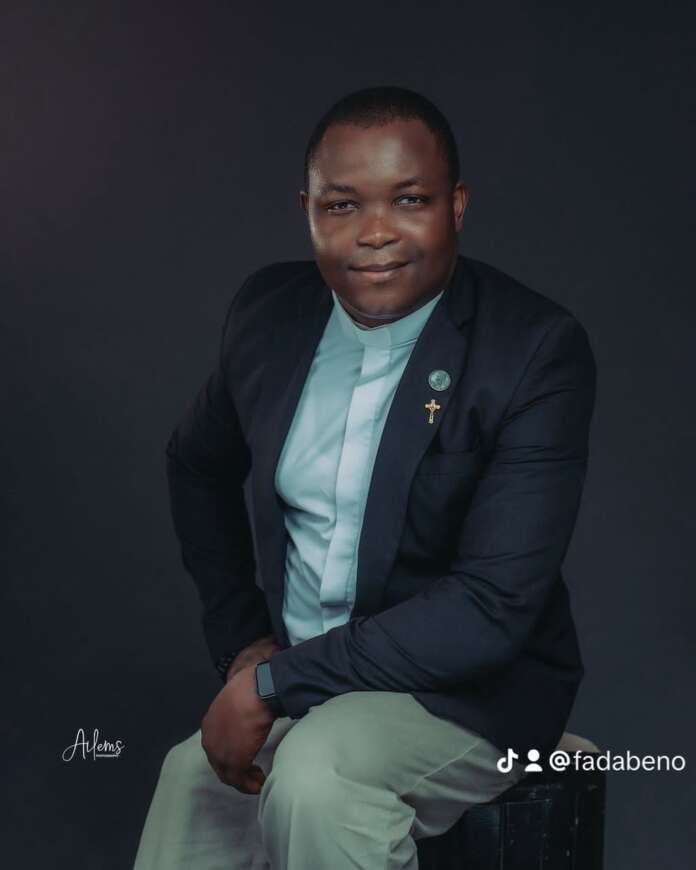- Watch video of how El Salvador fought terrorism and other crimes
By Benedict Onwugbenu
On March 2025, 16 lives were violently taken in Uromi, Edo State. The nation responded in unison—airwaves flooded with grief, condemnation poured in from civil society, and politicians hastily released statements. Social media trended with outrage. And rightly so.
But while the country mourned Uromi, another tragedy unfolded—more than 120 people have been massacred in Plateau State in the past months, entire villages destroyed, and families displaced. Yet this horror barely stirred national conscience. No state visit. No presidential address. No national flags at half-mast.
This stark disparity in national response raises a disturbing question: Why does Nigeria grieve selectively? What makes one life more valuable than another in the eyes of the nation? This silence is not just shameful—it is dangerous.
The killings in Plateau State are not isolated. They are part of a broader crisis engulfing Nigeria’s Middle Belt. Benue State, too, is under siege. Day after day, villages are invaded, farmlands occupied, and civilians driven from their ancestral lands. The scale is horrifying—a slow-motion war unfolding in plain sight.
And yet, the silence of the government and the glacial response of the military is dangerously disturbing. In most cases, security forces arrive only after the carnage is complete—if they come at all. Local communities have repeatedly cried out for help, written petitions, and buried their dead with no justice in sight.
Entire villages in Benue are being taken over. People are being displaced by the thousands. Women, children, and the elderly are left with nothing. Schools have closed. Markets are deserted. And yet, the federal government offers no comprehensive security plan, no state of emergency, no effective intervention.
This failure to act raises legitimate fears: Is the state complicit by omission—or worse, by design?
When a pattern of violence targets specific ethnic or religious communities, when their lands are forcibly taken, and when government institutions do nothing to protect them, it fits the textbook definition of ethnic cleansing.
The world must not turn a blind eye. What is happening in Plateau, Benue, and Southern Kaduna is not a random farmer-herder conflict. It is a systematic assault on vulnerable communities—driven by ideology, territorial conquest, and religious intolerance.
The failure to name the violence for what it is emboldens the perpetrators. Instead of arresting and prosecuting them, the government prefers to call these attacks “communal clashes”—a term that sanitizes terror and equalizes victims with aggressors.
The lack of justice sends a dangerous message: some lives are disposable, and some territories are conquerable.
Nigeria is sitting on a powder keg. The impunity fueling these attacks, the absence of justice, and the disregard for human life are pushing the country to the edge. If unaddressed, these unchecked atrocities may ignite a full-blown civil conflict.
Local communities are increasingly resorting to self-defense and vigilante justice, filling the vacuum left by the state. This descent into anarchy is not hypothetical—it is already in motion.
The federal government must act swiftly and decisively to prevent the nation from slipping into chaos. This includes:
- Declaring a national emergency in Plateau and Benue States.
- Deploying a specialized military force with real-time intelligence capacity.
- Setting up a federal tribunal to investigate and prosecute mass killings.
- International observers and human rights groups should be invited to monitor the situation transparently.
Most importantly, the national conscience must awaken. Civil society, religious leaders, youth groups, and the media must reject selective outrage and demand accountability across board.
Nigeria cannot claim unity while part of it is bleeding in silence. If we continue to look away, we may wake up one day to a country at war with itself—a war that could have been prevented.
This is a call to truth. A call to justice. A call to peace. Before it’s too late.
Benedict ONWUGBENU is a Catholic Priest and the Executive Director, Justice Development and Peace Centre (JDPC), Benin.
The views expressed by contributors are strictly personal and not of Law & Society Magazine.
Below is a video of how the President of El Salvador fought terrorism and other crimes in El Salvador.





